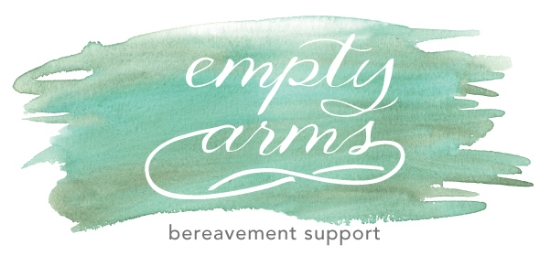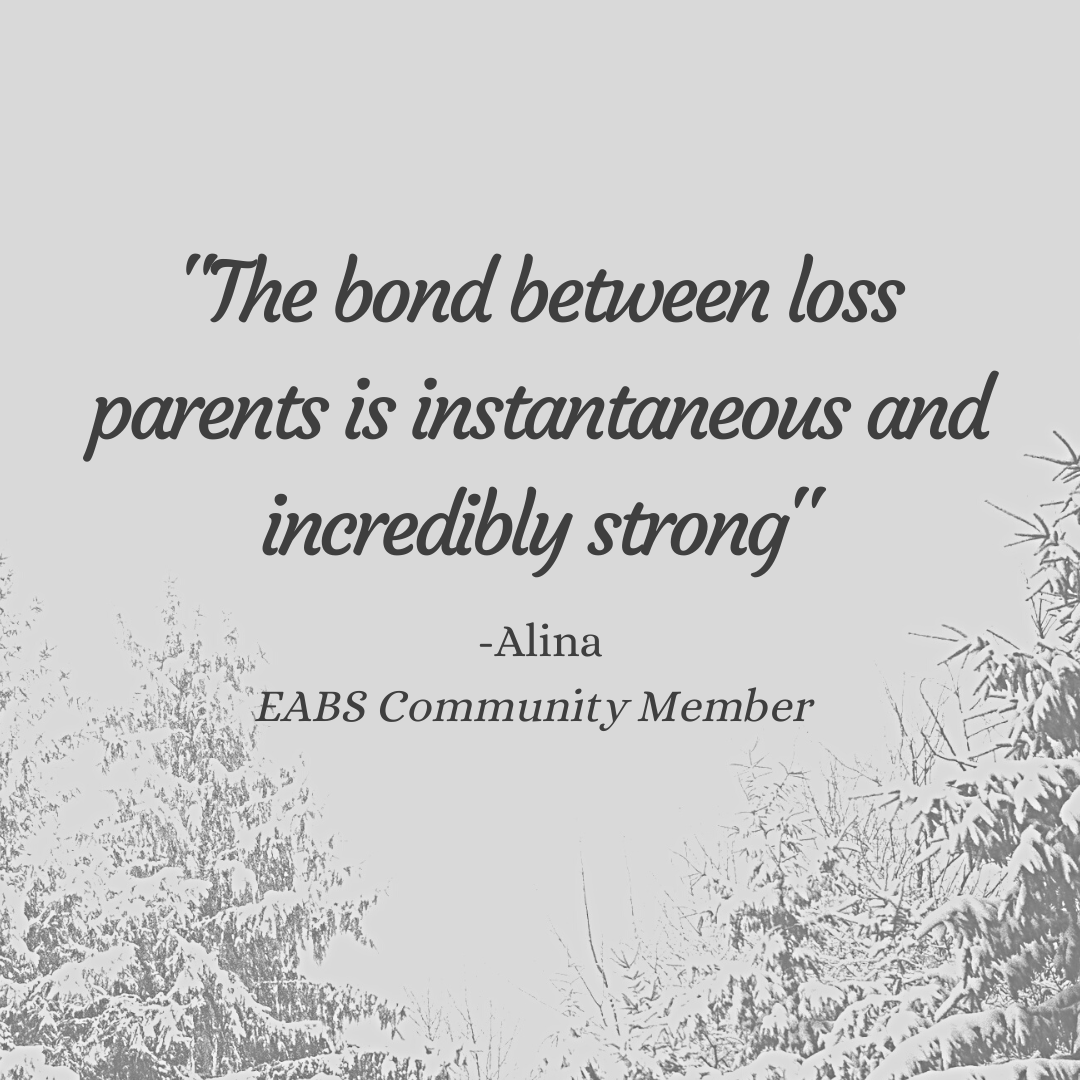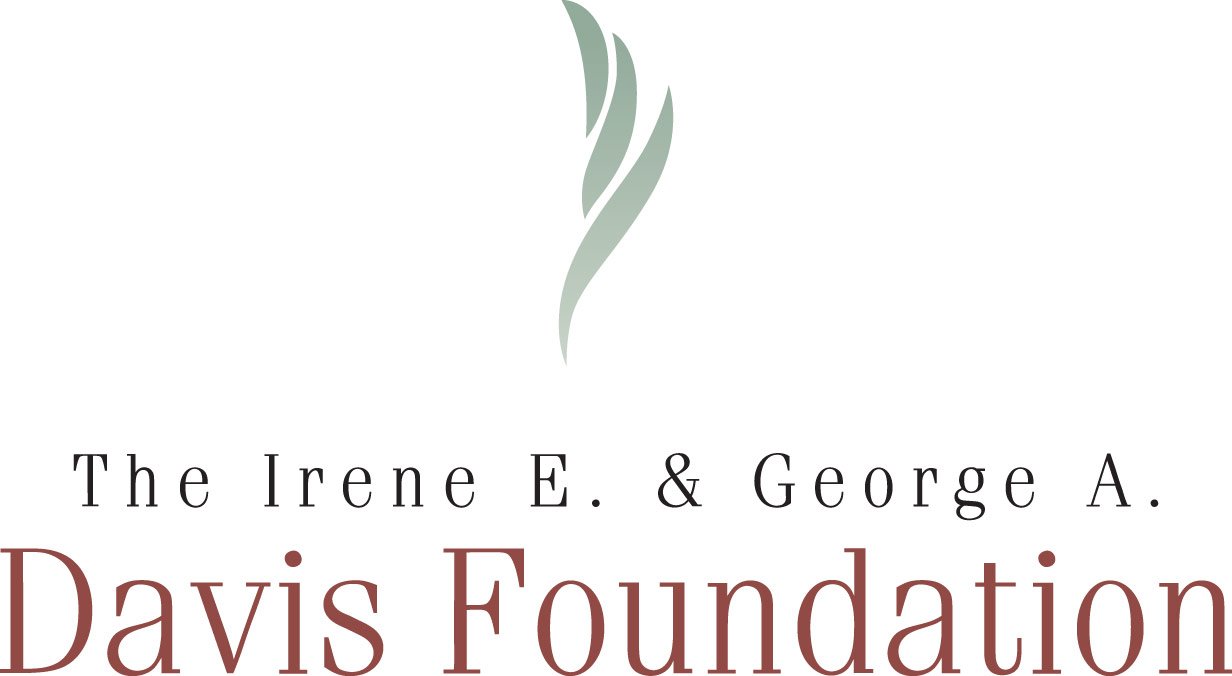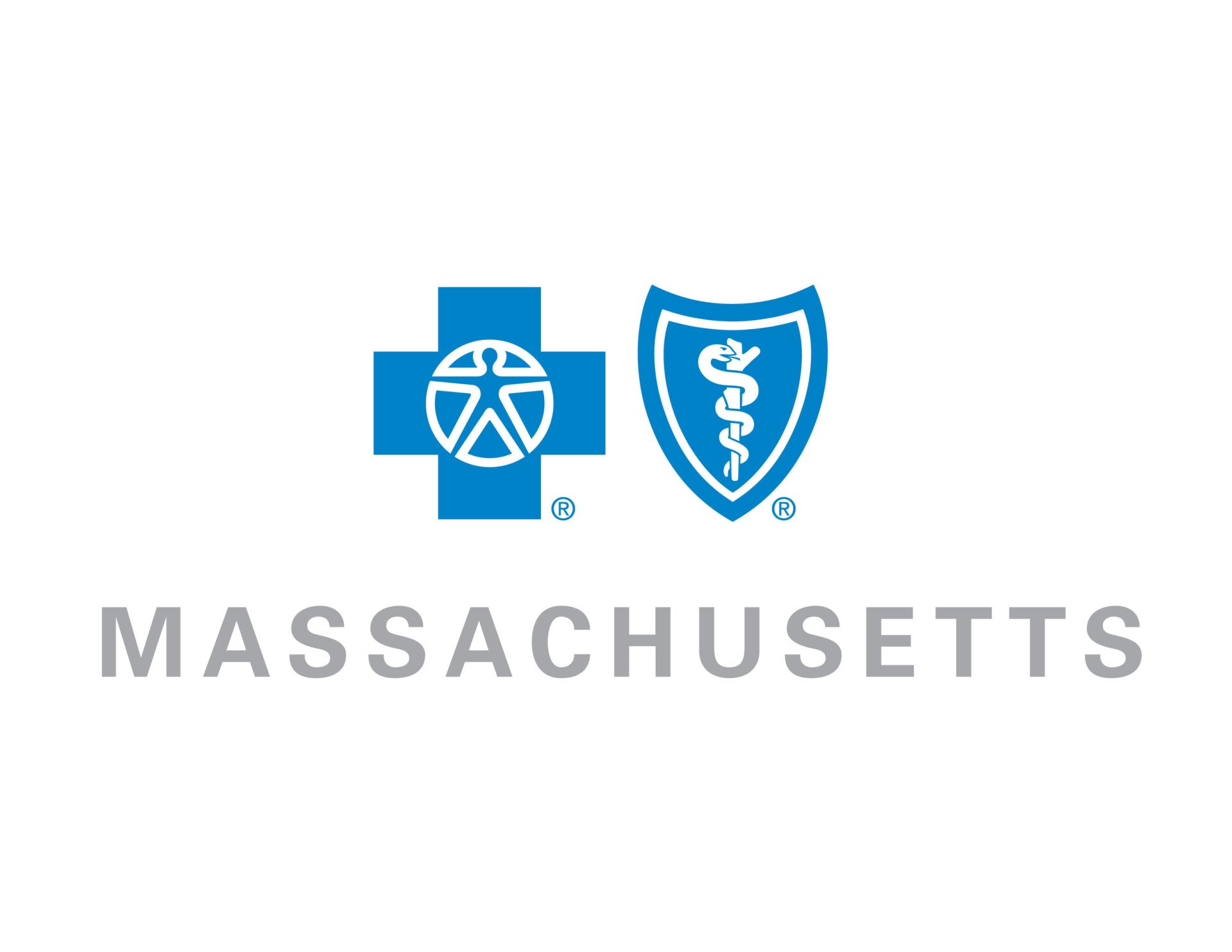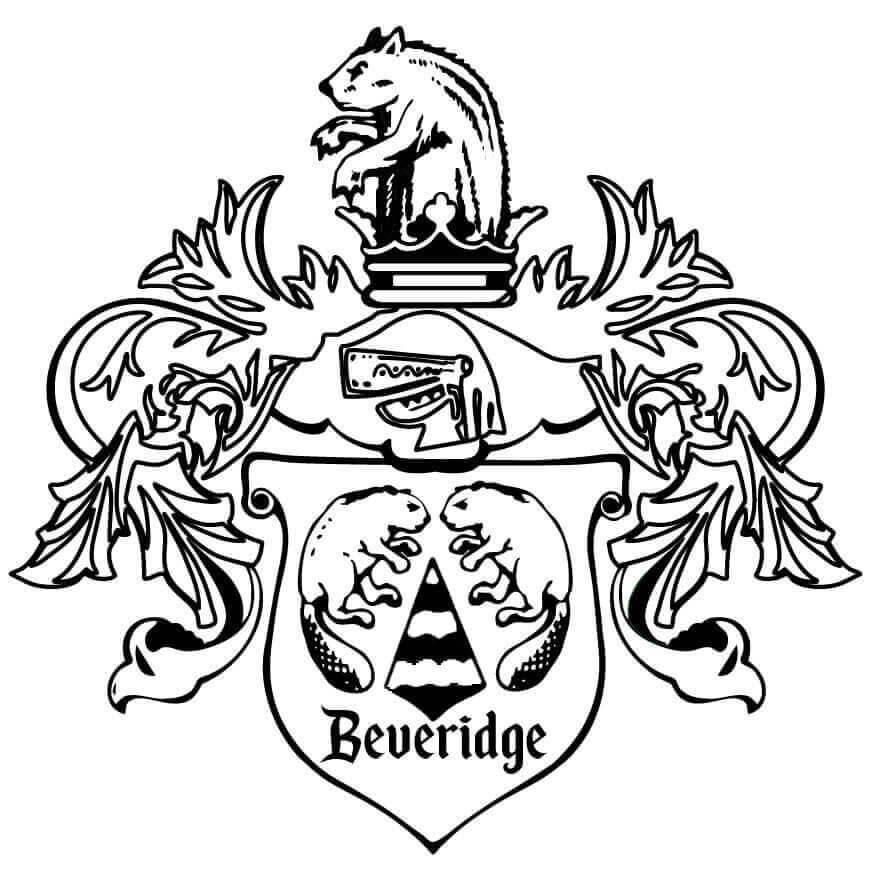Dear kindred parents, my heart is with your heart. Let me tell you how I wrestled the beast of my grief in case it could support you in any way.
My loss came on the tails of a fraught divorce with multiple court issues in the years following. In a wonderful new partnership, I began anew to create family. An incredible pregnancy—“unlikely” perhaps they might say—brought with it the sense that there was, in fact, for me, a future of hope and family.
This little love-baby, however, had Trisomy 18 and only stayed with us for 17.5 weeks in utero. I already struggled with aching loneliness for my other children during the times they were with their father. Having been the full-time, at-home mother to my kiddos with a husband working eighty hours a week, those separations were truly challenging for all of us. They were their own death.
In the wake of my loss I felt barren. Why me? Why now? Where is the good? When will the bad stuff end? I felt all my children had been taken from me. I felt the yawning emptiness you also have seen and tasted. It felt to me that my future and my past were taken from me. I did not feel myself even a mother.
I am, and have been for more than twenty years, a minister, a yoga teacher, and a spiritual mentor/counselor. In my grief, faithlessness became a solid companion. The other side of a bridge, tumbling its way into a river, beckoned like a good friend. Failure permeated my days.
I see this season of my life as excruciatingly infertile. For those who have gone through “infertility” passages and treatments, you will know this infertility. It is a wasteland. It is so hopeless it doesn’t even lift its head. Hope is a miracle and miracles are something belonging to an unknown world. They are extinct. Archaic. For other people in other times. Like dinosaurs, we know that maybe they existed at some point. But not for us.
One day, sitting on our deck, my children pointed out to me the carcass of an unborn robin. This little bird, still inside its half-cracked shell, had fallen onto the railing of the deck. My first reaction was confirmation. Of course. Everything is awful. Now I have to sit here and look at that dead bird.
Though I wanted it moved, nobody moved that bird away. That meant the next time I sat on the deck, my children now gone to their father, that it sat near me, its little body, waxy within its unborn-sac, its little blue shell ripped down the middle, right in my peripheral vision.
I was not praying, nor even hoping, in the moment when it occurred to me that this little robin, not ready for birth, was just the same as my own baby, gone before “she came out of her egg.” The more I looked at the little bird, the more connected I become to her mother. Mother Robin up there somewhere, who lost one of her little eggs. And why?
With such gentleness and kindness did come the understanding that there was nothing personal in Mother Robin’s loss. She had not failed as a mother. Sometimes, these things happen. Sometimes, the little egg falls from the branch, no matter how good the mother, or how much she longs for her chick. It was not a punishment. Not a test. Not a direct hit. Not a dead end.
Tears came down my face with the balm of this realization, that in nature there too unfolds these unexpected changes. But they hold no judgment, no critical assault. In the ways my loss felt so crucially personal, it opened up to me in that moment to understand it was not personal at all.
Was this part of the flow of life—at least sometimes? Mother Robin would go on in her bird ways. Maybe she would have more eggs. She was a fertile creature. She was one steeped in the ways of abundance.
From there slowly began to come my own true fertility. Not of eggs and ovaries and womb, but of thought and mind and heart. Day by day came new ideas about myself, who I was, what I was, and what I could become. From the small, pinching, tiny world of grief, in which I wrestled every day a monster that threatened to kill me—and you know this is no metaphor—I began to see another way to be a mother in this world.
These new ideas led me, eventually, to the birth of my daughter on May 20, 2020. But it might have led me to other places. And, truly, it has led me to other places internally. The ideas connected me to all creation, and to the creative force inside of each of us, our power and our birthright.
What is born from our grief, not what is taken. What is watered from these tears, not what is stolen. These were not my first thoughts, but they were my best thoughts, and in them came a near infinite comfort, like a hand reached out to pull me from that river I once longed to drown in.
More and so much more. A beginning and not an end. A new self emerging. From our own broken shells we awaken to the truth of our nature. Our fertility is in our power as the thinkers of our life, ones who can think anew about even the most tragic, unbearable events.
And this, for now, is my best thought to share with you.
Sam Wilde, a twenty+ year yoga teacher, non-denominational minister, novelist, and mother, actively mentors and counsels from a spiritual perspective. She particularly loves working with mothers. She has a podcast, Sermons From the Mat, https://spoti.fi/3qPzv3s , a Youtube channel, https://youtu.be/YFCOrX0TKG0 , weekly yoga classes in Hadley, and much more. Find here at https://thesamanthawilde.com , or at home with her kids, goats, dogs, cat, and chocolate.
